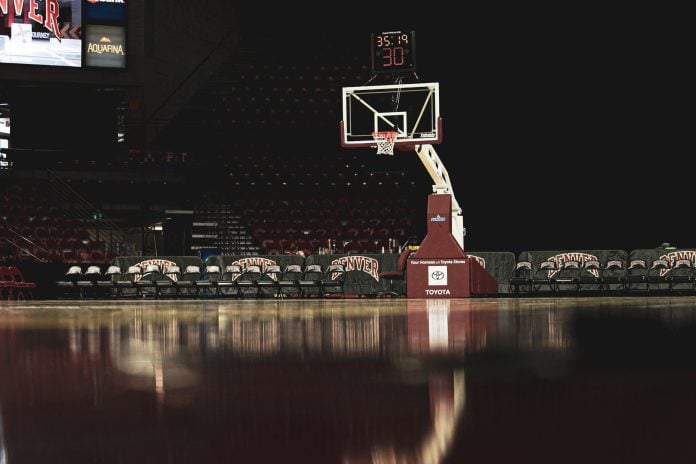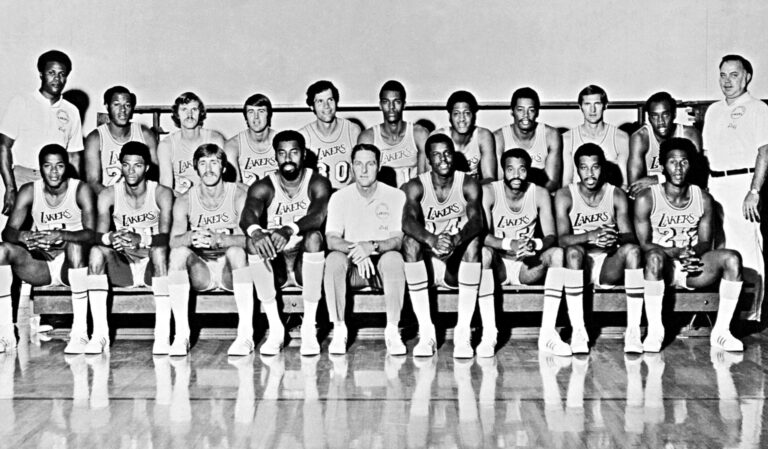What To Consider When Buying Orthotics For Sports People
Athletes and sports enthusiasts put their bodies through rigorous activities that often lead to stress, strain, and potential injuries. To optimize performance and prevent discomfort, investing in the right orthotics is crucial. Whether you’re a seasoned athlete or a weekend warrior, this guide will provide you with valuable insights into what to consider when purchasing orthotics specifically tailored for sports. And if you’re ready to explore a wide range of options, be sure to visit orthoticshop.com for a variety of orthotic solutions designed to enhance your athletic experience.
Durability and Longevity:
Sports enthusiasts require orthotics that can withstand the demands of their active lifestyles. Consider the durability of the materials used in the orthotics to ensure they can withstand frequent use and maintain their effectiveness over time. High-quality orthotics from reputable sources like orthoticshop.com are designed to offer both comfort and durability, making them a reliable choice for athletes.
Type of Sports and Activities:
The type of sports and physical activities you engage in plays a significant role in determining the right orthotics for you. Different sports involve varying levels of impact, lateral movement, and foot positioning.
For instance, runners might require orthotics that offer optimal shock absorption and arch support, while basketball players may need orthotics that provide stability during quick direction changes. Evaluate the specific demands of your sport to identify the features you need in your orthotics.
Foot Type and Biomechanics:
Understanding your foot type and biomechanics is essential in selecting appropriate orthotics. Whether you have high arches, flat feet, or neutral arches, your foot structure influences the way your weight is distributed and absorbed during activities.
A podiatrist or sports medicine professional can assess your foot mechanics and recommend orthotics that align with your biomechanical needs. This ensures that your orthotics effectively address any imbalances and support optimal performance.
Shock Absorption and Cushioning:
Sports often involve repetitive impact on the feet, which can lead to discomfort and potential injuries. Orthotics with adequate shock absorption and cushioning can help mitigate the impact forces and reduce strain on joints and muscles. Look for orthotics that incorporate materials like gel or foam to provide the necessary cushioning. Additionally, consider the thickness and density of the orthotic material to ensure optimal shock absorption without compromising stability.
Stability and Support:
Sports activities require a high degree of stability and support to prevent injuries caused by overpronation, supination, or improper alignment. Orthotics that offer arch support, heel stabilization, and proper biomechanical alignment can help maintain optimal foot positioning during athletic movements. Make sure the orthotics you choose provide the right level of stability for your specific sport and biomechanics to ensure the best chance of winning as suggestions here make.
Breathability and Moisture Management:
Athletes often engage in intense physical activities that result in sweat accumulation. Moisture-wicking and breathable orthotic materials can help keep your feet dry and comfortable throughout your training sessions and competitions. Look for orthotics that allow proper airflow and moisture management to prevent the development of blisters and fungal infections.
Conclusion
When it comes to buying orthotics for sports activities, making an informed decision can significantly impact your athletic performance and overall comfort. By considering factors such as the type of sports you engage in, your foot type, shock absorption needs, stability requirements, breathability, and durability, you can choose orthotics that enhance your performance and prevent potential injuries.
Check out our Latest News and Follow us at Facebook
Original Source







